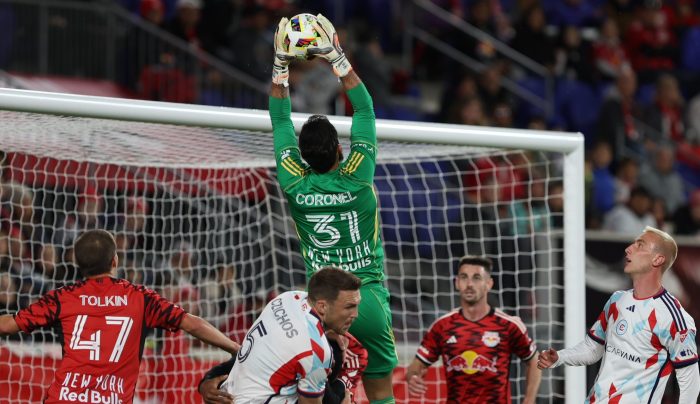Almost one week before its return tournament begins, Major League Soccer announced that 20 players and six staff members have tested positive for coronavirus.
A total of 668 players have been tested since team training was allowed to resume on June 4 as the league is poised to be the first major professional team sports league in North America to resume play.
The “MLS is Back tournament” is set to kick off on July 8 at the ESPN Wide World of Sports Complex at Walt Disney World in Orlando, FL.
However, Florida is one of several states experiencing a spike in coronavirus cases with positive tests increasing fivefold over the past two weeks.
On Sunday alone, the state confirmed over 8,500 new positive tests, which obviously presents a danger to the hundreds of athletes and staff members traveling to Orlando.
NYCFC, which was expected to head down to Florida on June 27 to begin training ahead of a July 4 friendly against FC Dallas, pushed back their departure to Thursday.
Their goalkeeper, Sean Johnson, admitted to amNewYork Metro on June 18 that the rise in COVID-19 cases down in Florida was concerning.
“As players, we keep a close eye on it and I think it’s definitely a massive concern,” Johnson admitted. “I think it’s definitely something that’s alarming. We’ll keep an eye on it in the next week to see how things continue to progress along, but I definitely would say it’s a cause for concern for the players, staff, and anyone who will be down there.”
MLS has put plans in place in an attempt to keep their employees safe while in Florida, but the lack of the virus’ spread slowing down in the are
“Any individual who tests positive … while in Orlando will participate in a clinical assessment by a healthcare provider and moved to the isolation area of the hotel until he or she receives medical clearance,” MLS said in a statement. “While in isolation, MLS players and other staff will be in daily communication with and receive remote care… including monitoring of symptoms, and regular follow-up testing.”


















